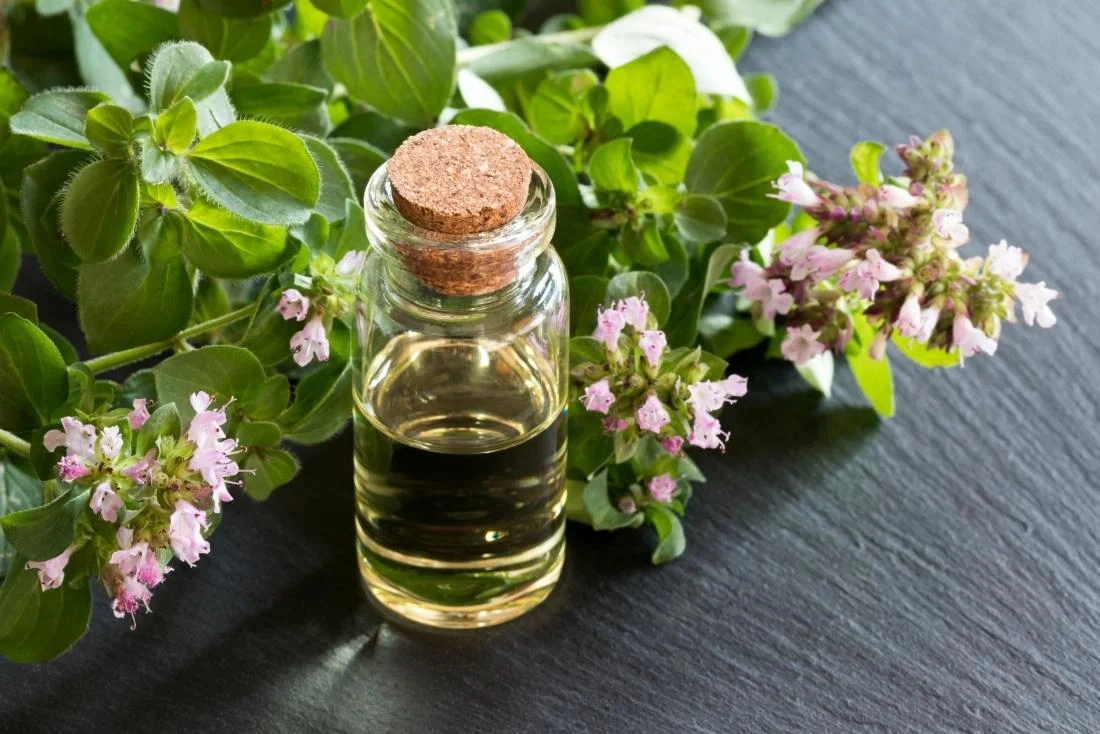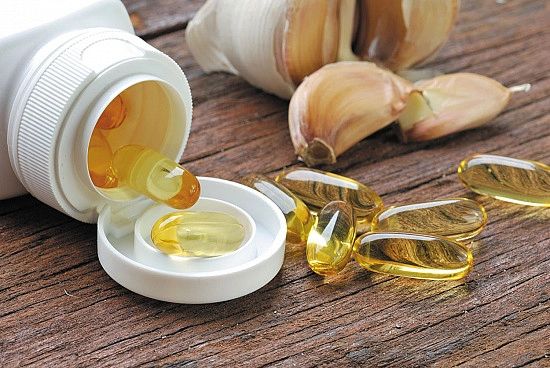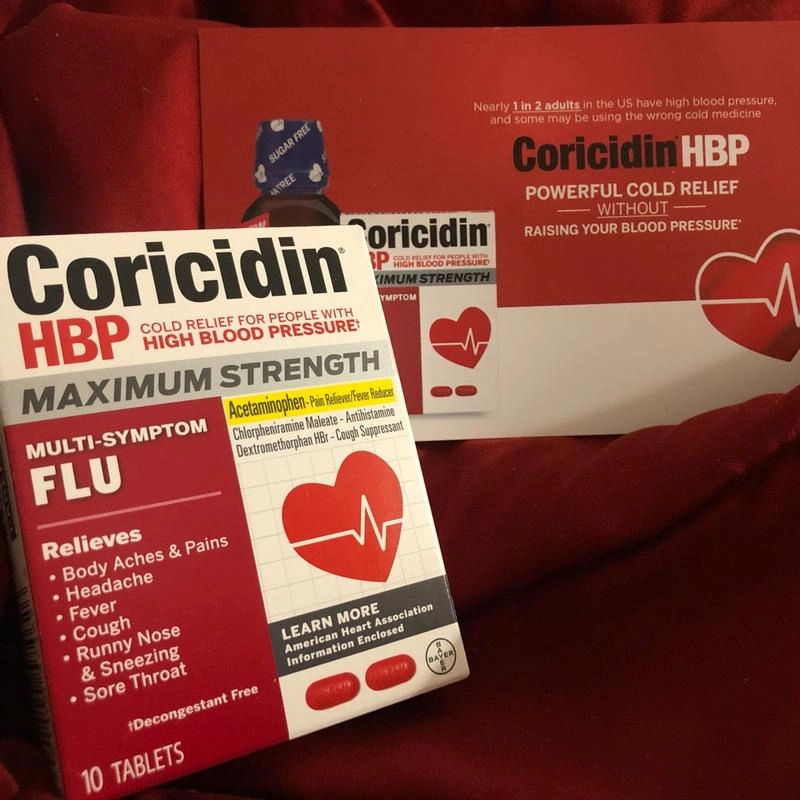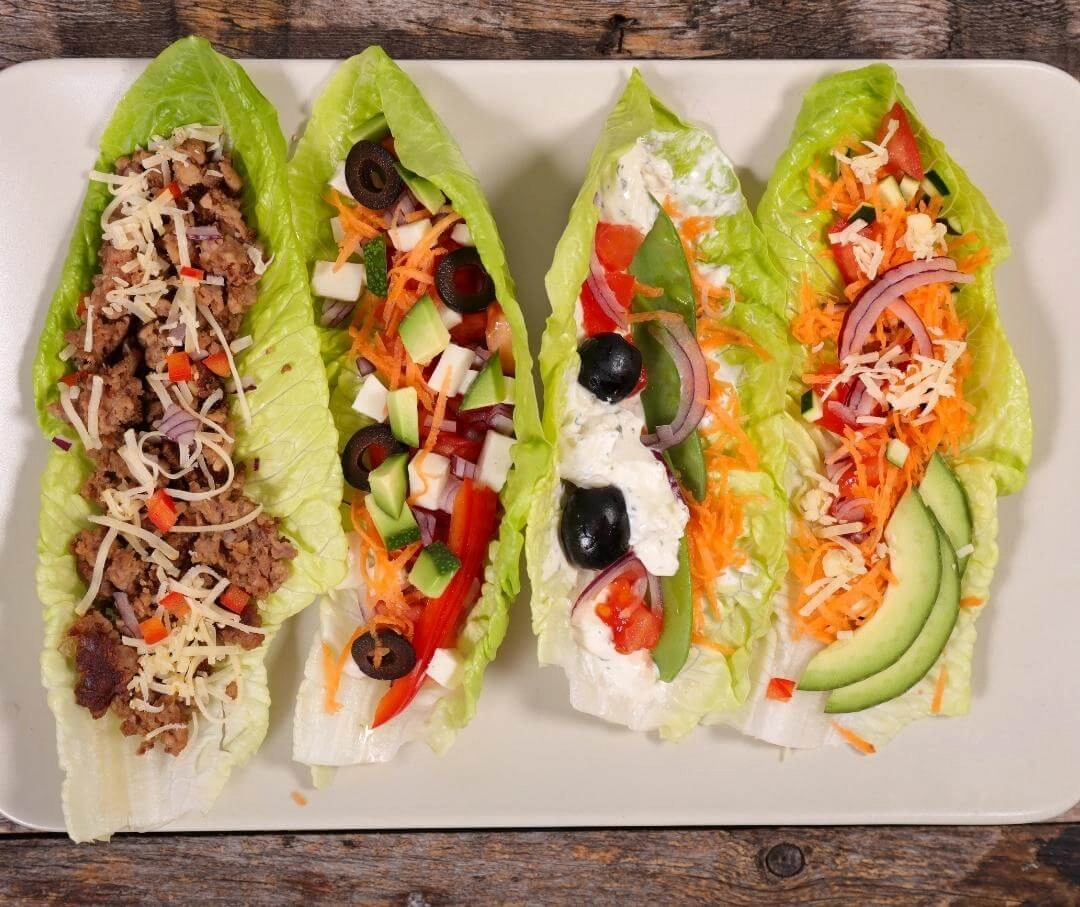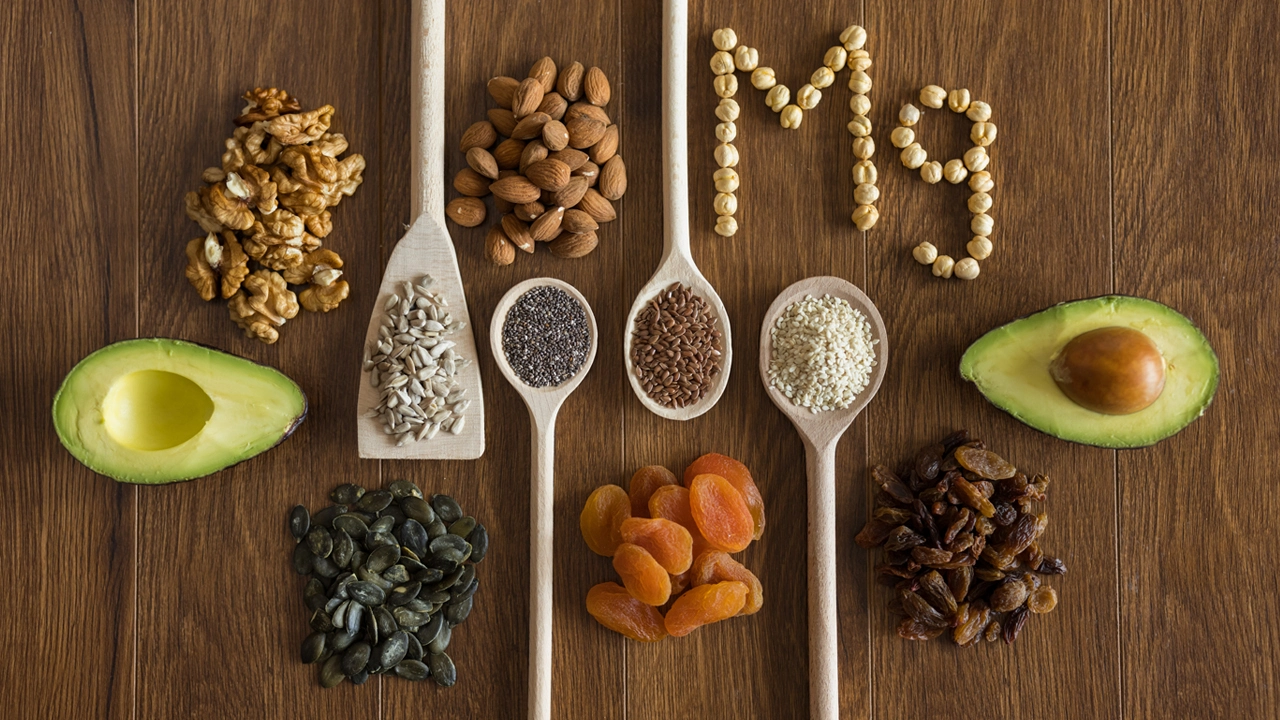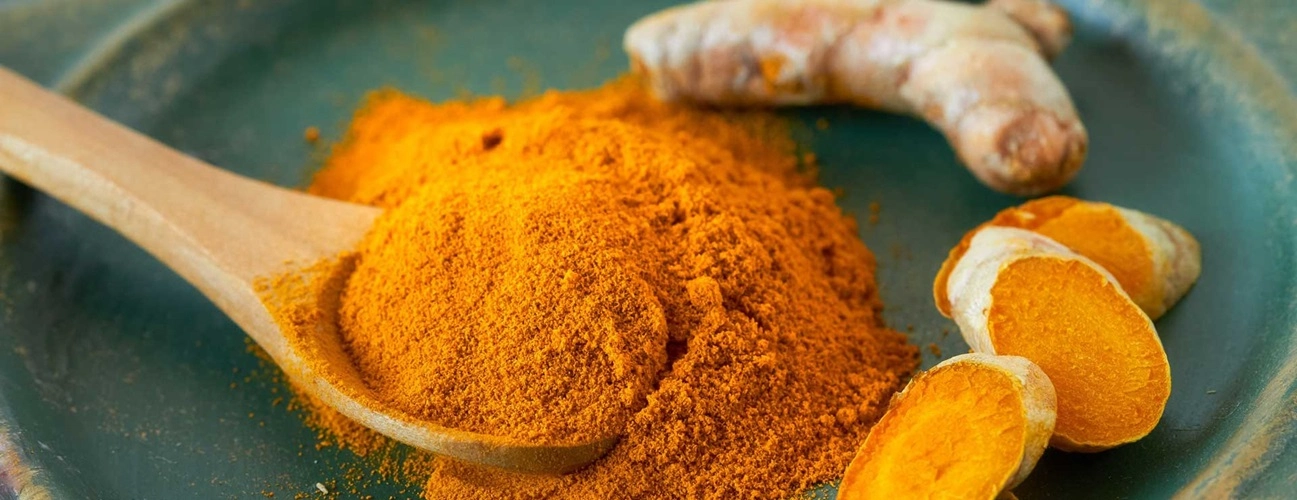We all want healthy bones and joints, and there are surely foods that help us build them, you might be wanting to know these foods and nutrition basics, therefore, this article is the best for you.

Sure Ways to Grow Healthy Bones and Joints?
Along with the physical activities you do, such strength training, the nutrients you eat, including veggies and protein also greatly help and preserve bone health and density.
Building strong bones is essential. Minerals are laid into your bones during early life, adolescence, and early adulthood. By the time you are 30, you’ve attained your peak bone mass.
Your risk of brittle, easily shattered bones rises if either insufficient bone mass is developed during these years or if bone loss develops later. Fortunately, some dietary and lifestyle choices can strengthen your bones and help you preserve them as you become older.
These are nine natural ways to strengthen good bones:
1. Consume Lots of Vegetables
Bone health is substantially enhanced by vegetables. They are among the best providers of vitamin C, which encourages the development of bone-forming cells. Some research suggest that vitamin C’s antioxidant qualities may protect bone cells from injury.
Furthermore seeming to increase bone mineral density (BMD), a gauge of calcium and other minerals in your bones, are vegetables. Low BMD is connected to disorders like osteopenia (low bone mass) and osteoporosis (brittle bones).
Higher intake of green and yellow vegetables has been connected to improved bone mineralization in children and preservation of bone mass in young adults. Even older women benefit: a research found that those who frequently ate onions had a 20% lower risk of osteoporosis compared to those who rarely consumed them.
2. Engage in Strength Training and Weight-Bearing Exercises
Certain types of physical activity, notably weight-bearing or high-impact workouts, promote new bone development and help maintain strong bones. In children, including those with type 1 diabetes, similar workouts have been found to increase bone production during peak growth years.
For elderly folks, these exercises can help prevent bone loss. Research demonstrates that weight-bearing activities can improve bone mineral density, bone strength, and size, while also lowering markers of bone turnover and inflammation.
Strength training is also useful for both younger and older women, especially those with illnesses like osteoporosis, osteopenia, or breast cancer. Studies have indicated that weight training helps prevent bone loss and increase bone density, especially in the hip area.
3. Ensure Sufficient Protein Intake
Protein is a critical component of bone health, as about 50% of bone is comprised of protein. Insufficient protein can limit calcium absorption and damage bone growth.
While some worry that high-protein diets can drain calcium from bones, research reveals that this isn’t the case for those who consume up to 100 grams of protein daily, as long as it’s balanced with plant foods and proper calcium consumption.
Studies have demonstrated that increasing protein intake, especially in older women, can support better bone density and minimize fracture chances.
4. Consume Calcium-Rich Foods Throughout the Day
Calcium is the most vital mineral for bones and the primary mineral present in them. Consuming appropriate calcium is vital because old bone cells are continually being broken down and replaced by new ones.
The recommended daily intake (RDI) for calcium is 1,000mg for most adults, with teens requiring 1,300mg and elderly women needing 1,200mg. To enhance calcium absorption, it’s important to spread your consumption throughout the day by ingesting high-calcium meals at each meal.
5. Get Sufficient Vitamin D and Vitamin K
Vitamin D and vitamin K are crucial to bone health. Vitamin D helps your body absorb calcium, while vitamin K stimulates bone development by altering osteocalcin, a protein important in bone health. Ensuring proper levels of these vitamins can prevent against bone loss.
Vitamin D deficiency is prevalent, therefore many people may need to supplement with up to 2,000 IU daily, especially if they don’t receive enough from sun exposure or food. Vitamin K2, found in fermented foods like cheese and natto, also helps prevent calcium loss from bones.
6. Avoid Extremely Low-Calorie Diets
Consuming too few calories can significantly affect bone health, resulting to reduced bone density. Diets under 1,000 calories a day can dramatically impair bone health, even when accompanied with exercise. To preserve bone health, keep a well-balanced diet delivering at least 1,200 calories a day.
7. Consider Collagen Supplements
Early research suggests that collagen supplements may enhance bone health by preventing collagen degradation. Collagen is a significant protein in bones, and supplementing with collagen hydrolysate can help preserve bone strength, especially in postmenopausal women with osteoporosis.
8. Maintain a Healthy and Stable Weight
Being either underweight or obese might significantly affect bone health. For postmenopausal women, low body weight is a crucial determinant in lower bone density, whereas obesity can lead to increased fracture risk due to the greater load on bones. Maintaining a constant, healthy weight can help protect bone density.
9. Include Magnesium and Zinc-Rich Foods
Magnesium serves a key function in turning vitamin D into its active form, which promotes calcium absorption. Studies have indicated that magnesium intake is associated to increased bone density.
Zinc is another crucial trace mineral that stimulates bone formation and prevents excessive bone degradation. Foods including beef, shrimp, spinach, and flaxseeds are good sources of zinc. By following these tips, you can get your bones really happy!

